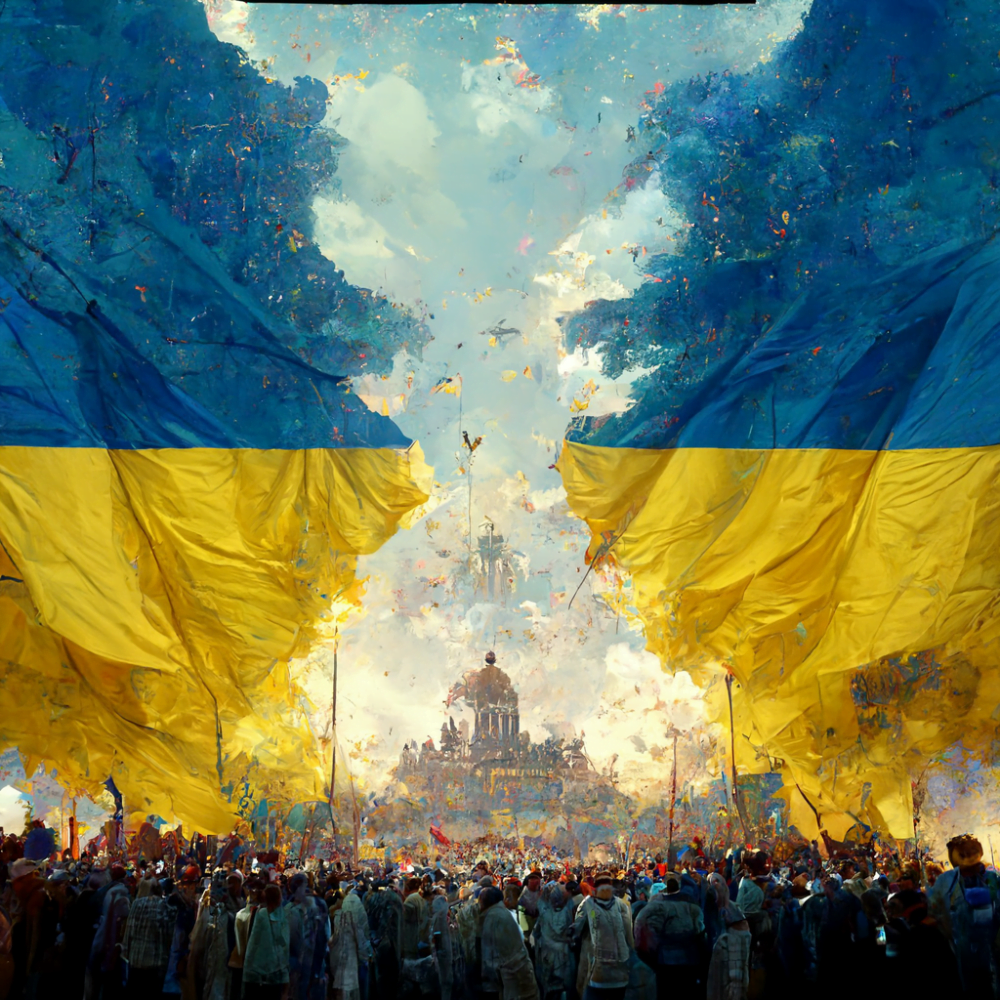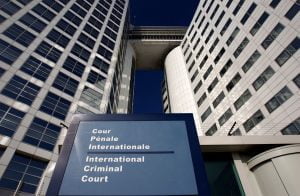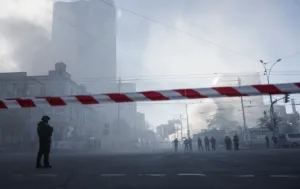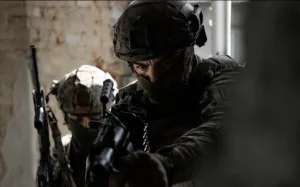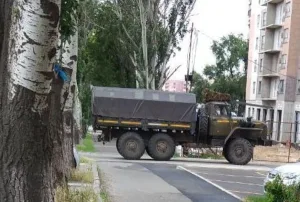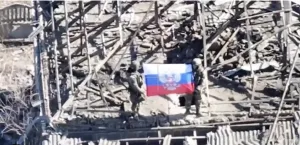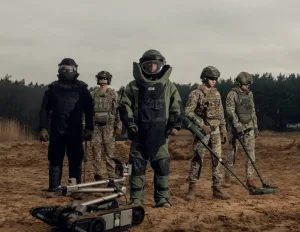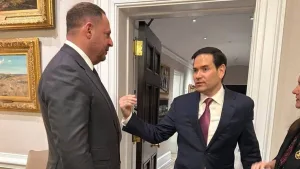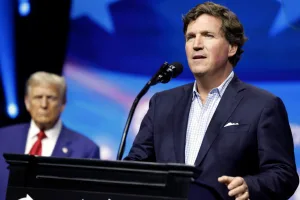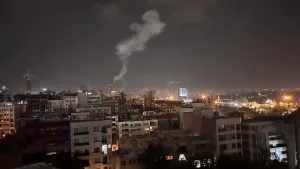In fact, the frantic “peace initiative” of Donald Trump and his avatar Steve Witkoff has ended exactly as was clear from the beginning: they are proposing that we recognize Crimea as legally Russian. Donetsk and Luhansk regions (since they are almost fully occupied) should be recognized de facto. Likewise, the Russian-occupied parts of Zaporizhzhia and Kherson regions are to be effectively acknowledged as lost. There are still some discussions about Enerhodar and the nuclear power plant, but that issue remains unresolved.
Ukraine’s non-accession to NATO goes without saying, but considering Trump’s efforts to weaken NATO, this point is insignificant.
In other words, the White House wants to give Putin everything he has wanted from the start — and we understand that not even this madman expected to be voluntarily handed the parts of Zaporizhzhia and Kherson regions that the wannabe empire failed to seize by military force. At the same time — whether we agree or not — direct military, financial, and intelligence support from the U.S. will cease. Support through intermediaries might continue — perhaps Trump’s greed will serve us here.
The United States was never truly our ally, and under Trump it ceases to be even a partner, transforming instead into a looter — as evidenced by the disgraceful deal concerning our natural resources. This is, by the way, Trump’s natural stance: like Putin, he respects only power and operates without any moral boundaries. That’s why he blames our leadership for not capitulating swiftly after the aggression of a stronger enemy.
Such a “peace deal” could only be signed by President Zelensky while aboard a plane — one taking him into permanent exile in a country with no extradition treaty. Therefore, he will not sign it. Accordingly, we should expect a surge in aggressive Russian actions, including intensified missile and Shahed drone attacks on our cities. Whether the relative stability of the front line holds will depend on how effectively we and our European partners can establish new arms and ammunition supply chains without U.S. involvement.
In this scenario, the U.S. will export to Ukraine only grim narratives of government abuse, corruption, and unjustified Ukrainian losses in the war. And sadly, much of this compromising material may turn out to be true.
As of now, there are no alternative scenarios being developed on the American side. Although if Putin were to somehow demonstrate to Trump that China is more important to him than the U.S., Trump might take offense — with all the resulting consequences. But such a development is highly unlikely in the short term and might only be possible on the eve of impeachment.
In practice, the situation will crystallize during the upcoming talks in London. The wait won’t be long.
And there’s a basic conclusion to draw from all this: we must be strong. A state like Ukraine, in its current form, only proves strong when running schemes on the edge of disaster. The state, I stress — not the country.
Tags: Analytics Russia russia ukraine war Ukraine war

